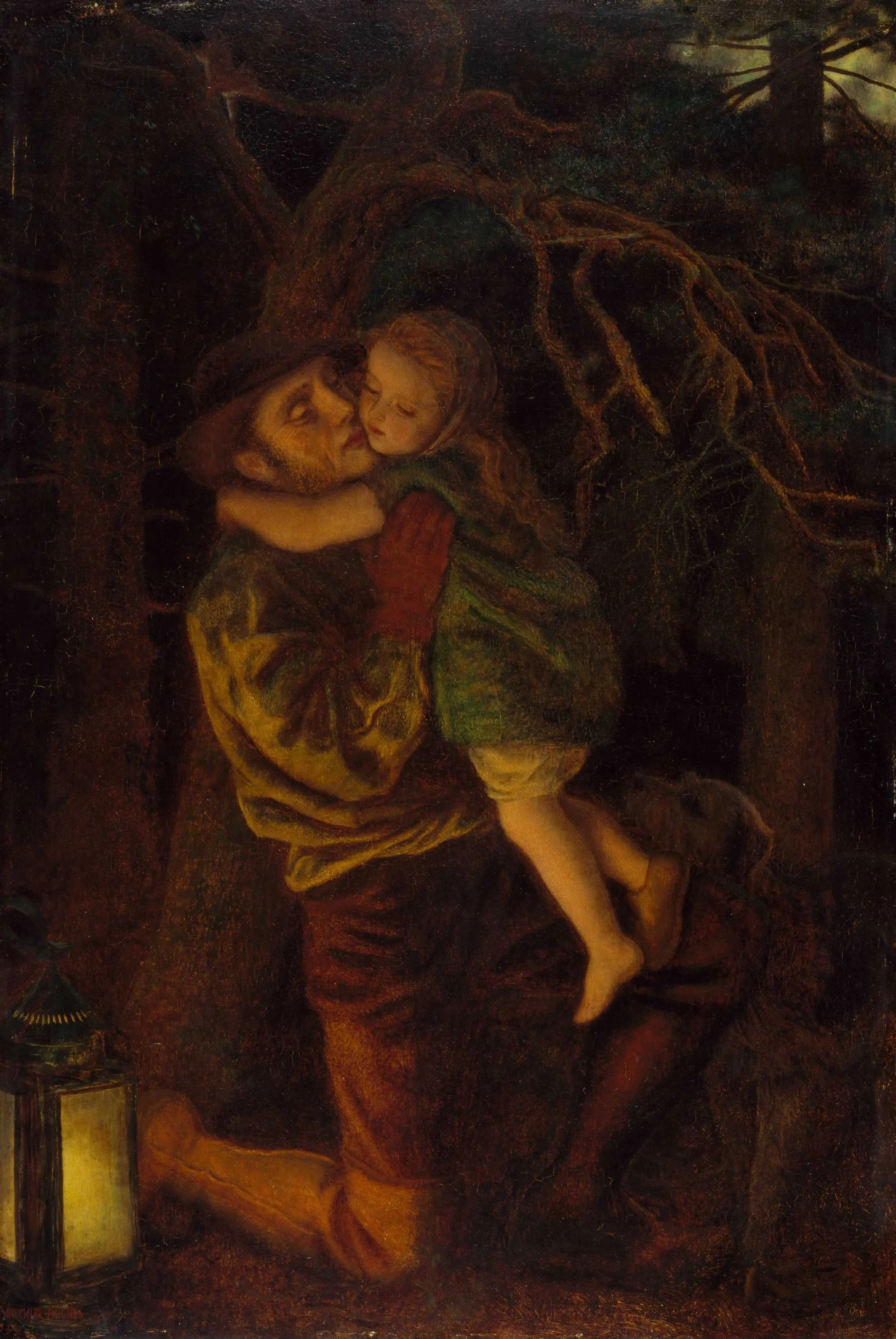In St. Paul’s Letter to the Romans, he explains how divine adoption is what we groan and endure for in our faith. He says we hope for what we do not possess yet, and once we do possess what we hope for through sight of the hoped-for, we no longer hope but rejoice.
St. Paul continues by saying,
τῇ γὰρ ἐλπίδι ἐσώθημεν ἐλπίς δὲ βλεπομένη οὐκ ἔστιν ἐλπίς ὃ γὰρ βλέπει τις τί ἐλπίζει εἰ δὲ ὃ οὐ βλέπομεν ἐλπίζομεν δι᾽ ὑπομονῆς ἀπεκδεχόμεθα (For in this hope we were saved, however hope, being seen, is not hope. For does one hope for what one sees? However, if we hope for what we do not see, we await eagerly through endurance.)
This passage is deepened by what St. Paul said earlier about divine adoption: hope in divine adoption comes through Jesus Christ. Therefore, if we hope in divine adoption as sons, that requires hope in Jesus Christ, the Word who became flesh and made his dwelling-tent among us.
We as Catholics do not hope in an abstraction or a finite created thing; we hope in Jesus Christ, the God-man, the Word Incarnate. We hope in a person: a person we can wrap our arms around in love, a person we can talk to, a person we can fully count on at all times, a person who is infinite in his divine nature yet mysteriously united to our human nature. Our hope in God is not seen in nature; our hope in God is seen in Jesus Christ, the person.
Since our hope is ultimately grounded in the person of Christ, our faith (i.e., our trust, confidence) is also faith in the Person of Christ. Our charity (ἀγάπη, caritas) is directed towards Jesus Christ and those nearby (our neighbors). All three theological virtues, especially hope, are aimed at and ultimately incarnated through our unity in charity (ἀγάπη, caritas) with Jesus Christ.
How to learn more
To learn more about the Carmelite tradition in general, check out Midnight Carmelite episodes through the player below and hit subscribe to stay up to date!

